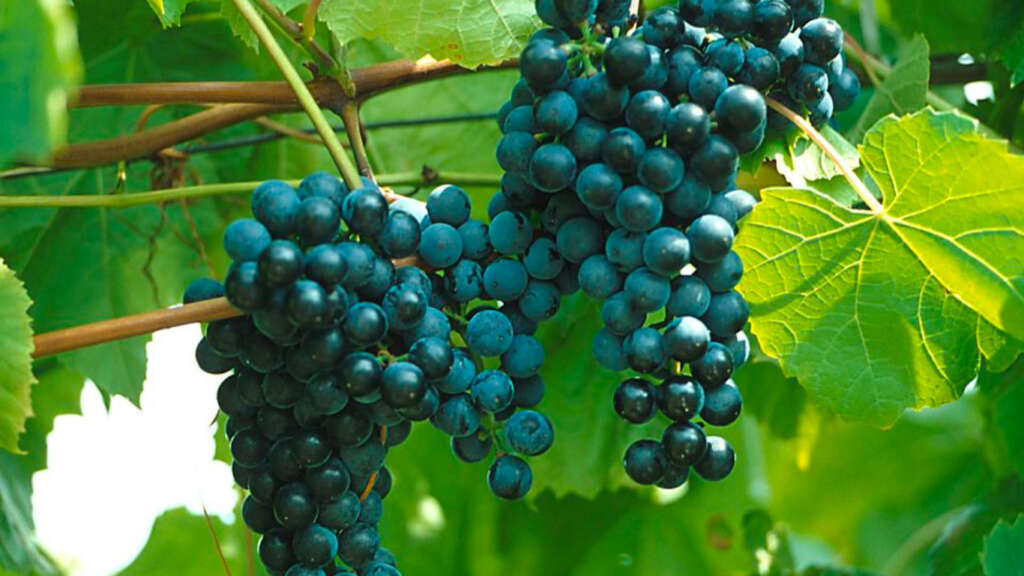In recent years, the focus on sustainability has led the wine sector to explore new ways to reduce environmental impact. In this context, hybrid and PIWI vines are increasingly gaining ground, offering innovative solutions to the challenges of climate change and pesticide use.
Cosa sono i vitigni ibridi?
Hybrid vines are crosses between different vine species, combining Vitis vinifera-the European species that includes such famous vines as Cabernet Sauvignon, Chardonnay and Nebbiolo-with other American or Asian varieties, such as Vitis labrusca, Vitis riparia or Vitis rotundifolia.
The main goal of these crosses is to improve resistance to diseases, pests and climatic stresses, thus reducing the need for chemical treatments.
Vitigni PIWI: la nuova frontiera della viticoltura sostenibile
The term PIWI comes from the German Pilzwiderstandsfähig, meaning “fungus-resistant.” These vines were developed specifically to combat the major fungal diseases of the vine, such as downy mildew, powdery mildew and botrytis, without the need for continuous phytosanitary treatments.
Most prevalent in Germany, Switzerland, Austria and France, PIWIs are becoming an increasingly attractive alternative for sustainability-oriented wineries.
Quali sono i vantaggi dei vitigni ibridi e PIWI?
The adoption of these vines offers many benefits, including reduced chemical treatments: due to their natural resistance, they require less phytosanitary intervention, which benefits the environment and the health of farm workers. These vines have greater climatic adaptability: many PIWI vines are better able to withstand extreme weather conditions, such as heat waves or heavy rains. They also have a lower environmental impact: the reduction in pesticide use helps to preserve groundwater and soil biodiversity.
These types of vines represent savings for winegrowers because, fewer treatments mean lower production costs and greater profitability for farms.
Here are some of the best-known and most widely used PIWI grape varieties:
– Solaris: a white grape variety popular in Alpine and northern regions.
– Bronner: aromatic white variety with good acidity and excellent strength.
– Regent: red grape variety, ideal for making structured wines.
– Souvignier Gris: prized for producing elegant and long-lived white wines.
Despite their many advantages, the adoption of hybrid and PIWI varietals still meets with some resistance, especially from consumers who are more attached to traditional grape varieties. However, improved breeding techniques and growing demand for more sustainable wines are leading more and more companies to experiment with these varieties.
Hybrid and PIWI grape varieties represent a real revolution for the wine sector, combining innovation, sustainability and quality. As research progresses and the market becomes more open, they could become the key players in the viticulture of the future, ensuring more environmentally friendly and resilient production.
The world of wine is constantly evolving-we’ll see what the next step will be!
The article Hybrid grape varieties and PIWI: the sustainable future of wine? comes from TheNewyorker.

